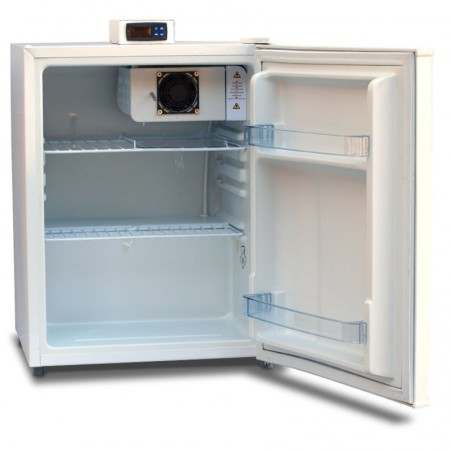This study evaluated the effect of supplemental dietary betaine at three concentrations (0.0%, 0.63% and 1.26%) on semen characteristics, quality and quality after storage on boars. The trial was conducted between 22 July and 1 October 2014 in a boar stud located in Oklahoma. Boars were blocked by age within genetic line and randomly allotted to receive 0% (CON, n (line T) = 22, n (line L) = 10), 0.63% (BET-0.63%, n (line T) = 21, n (line L) = 6) or 1.26% (BET-1.26%, n (line T) = 23, n (line L) = 7). The diets containing betaine were fed over 10 weeks, to ensure supplemental betaine product (96% betaine) daily intakes of 16.34 and 32.68 g, for the BET-0.63% and BET-1.26% diets, respectively.
Serum homocysteine concentrations were less for animals with betaine treatments (P = 0.016). Rectal temperatures of the boars were unaffected by betaine diets. Betaine tended to increase total sperm in the ejaculates when collectively compared with data of the control animals (P = 0.093). Sperm morphology analysis indicated there was a greater percent of sperm with distal midpiece reflex (P = 0.009) and tail (P = 0.035) abnormalities in boars fed the BET-1.26% than boars fed the BET-0.63% diet. Betaine concentration in the seminal plasma was greater in boars with betaine treatments, with animals being fed the 0.63% and 1.26% diets having 59.2% and 54.5% greater betaine concentrations in seminal plasma as compared with boars of the control group (P = 0.046).

In conclusion, betaine supplementation at 0.63% and 1.26% tended to increase sperm concentration in the ejaculates by 6% and 13%, respectively, with no negative impacts on semen quality when 0.63% of betaine was included in the diet.
F.A. Cabezón, K.R. Stewart, A.P. Schinckel, W. Barnes, R.D. Boyd, P. Wilcock, J. Woodliff. Effect of natural betaine on estimates of semen quality in mature AI boars during summer heat stress. Animal Reproduction Science.Volume 170, July 2016, Pages 25–37.




